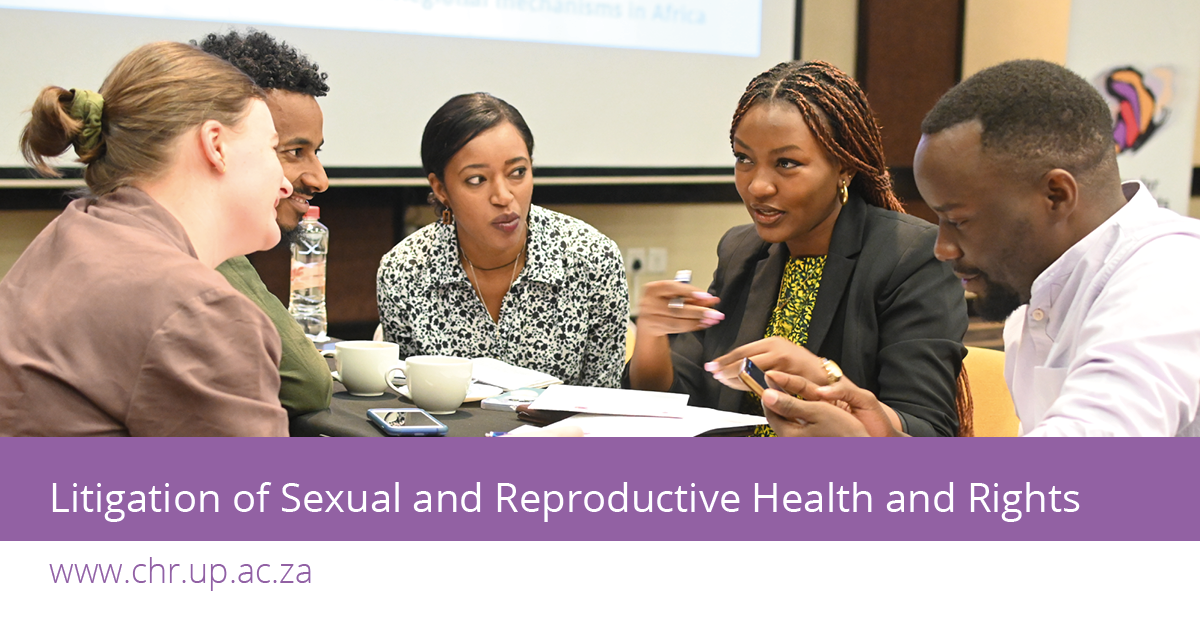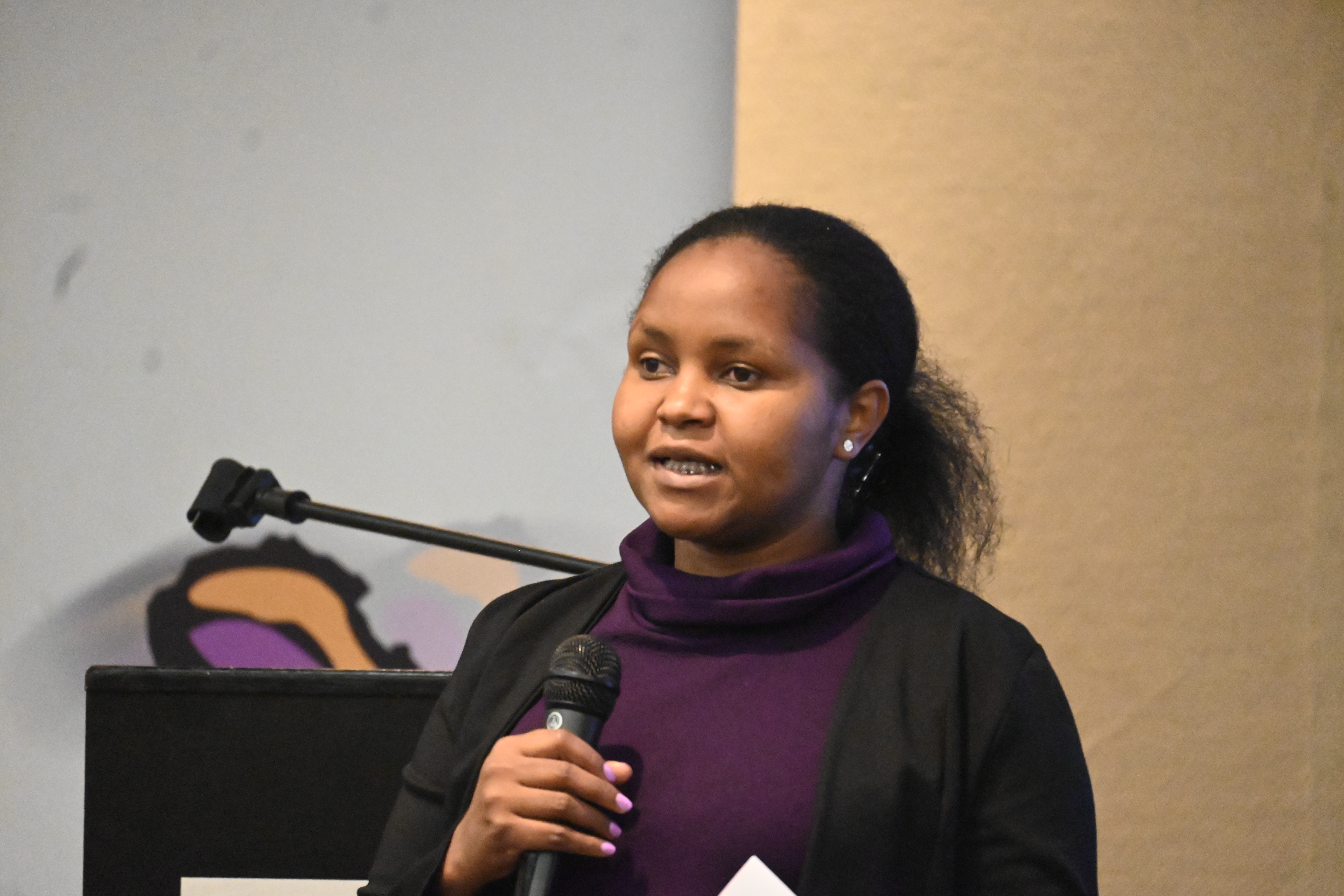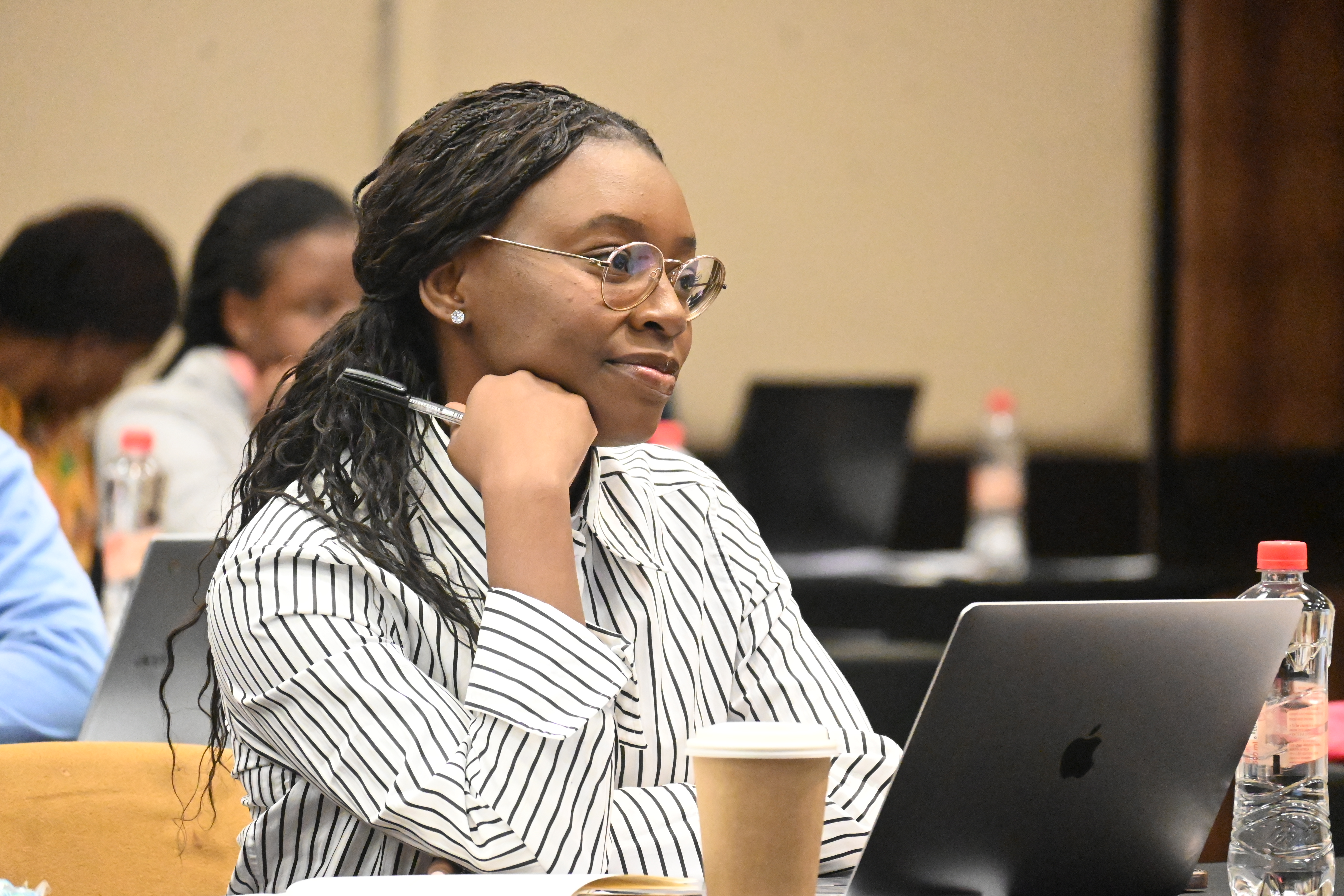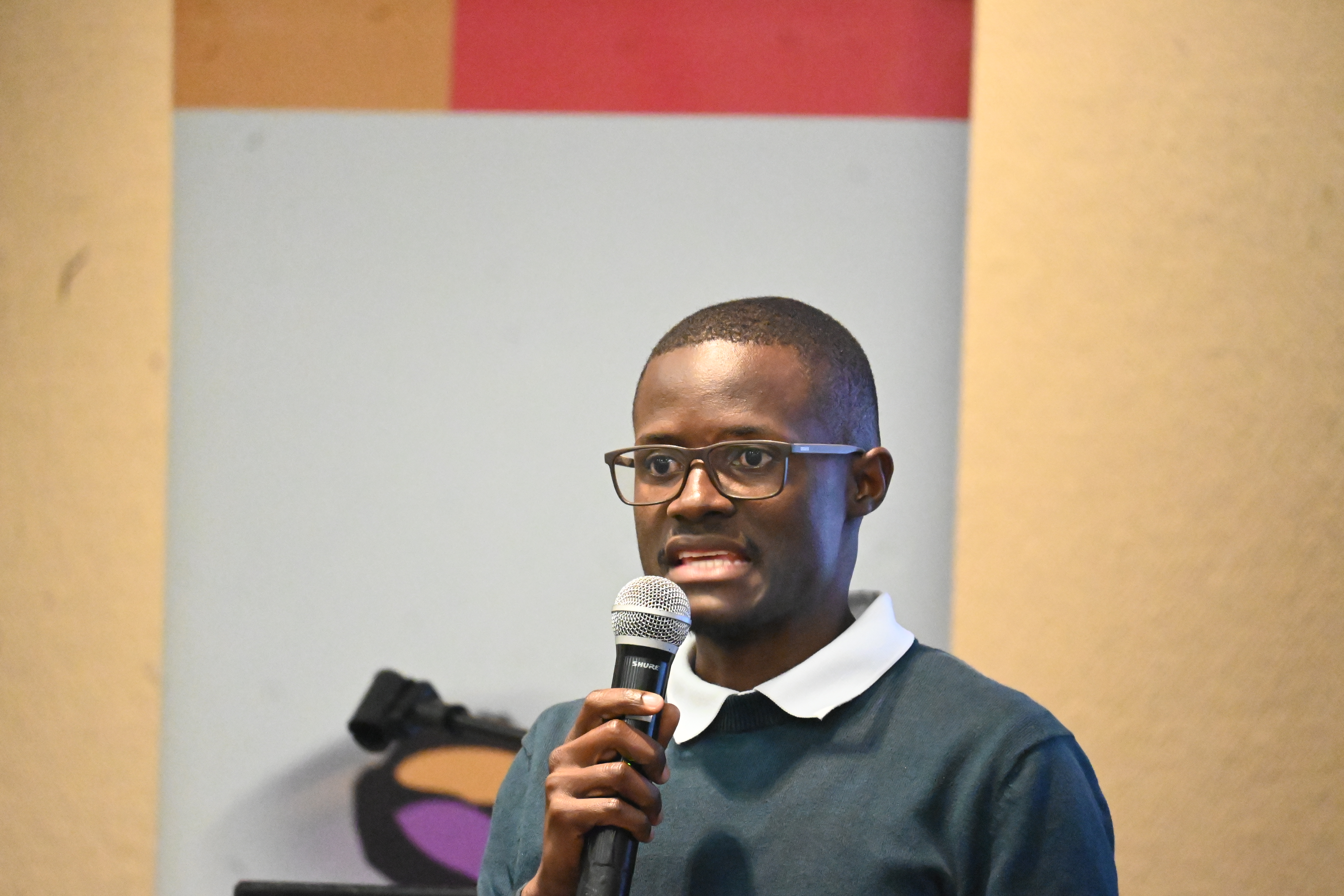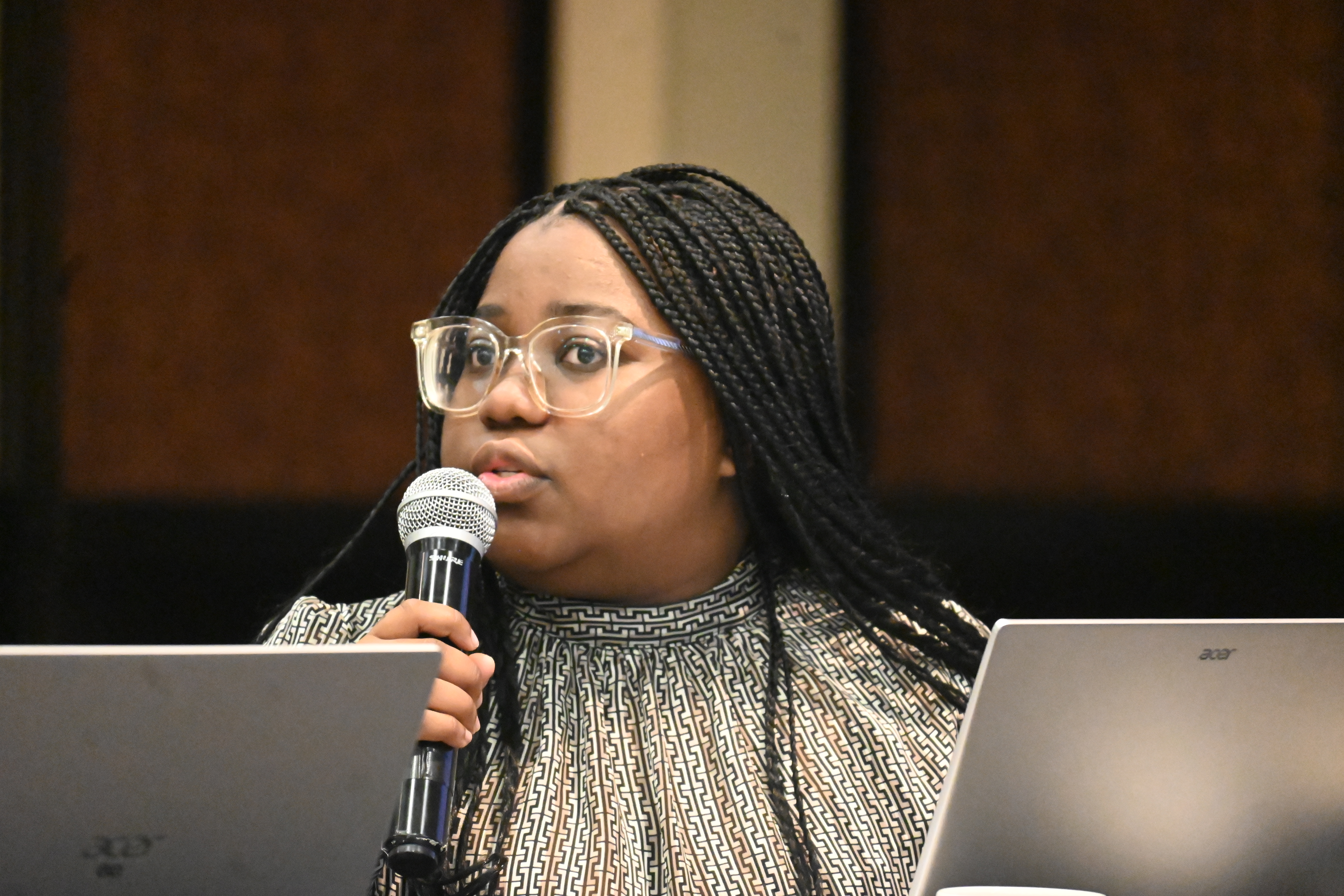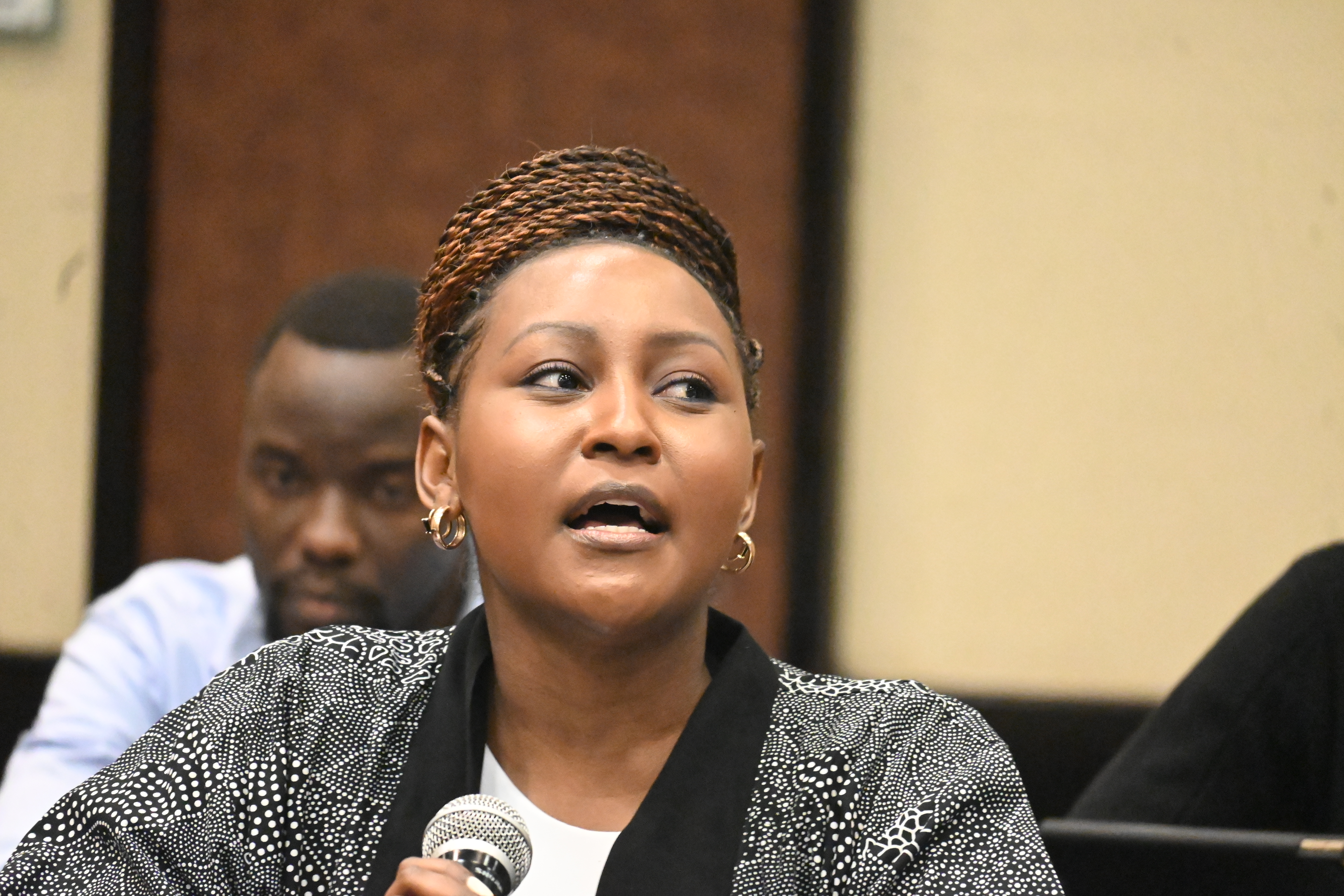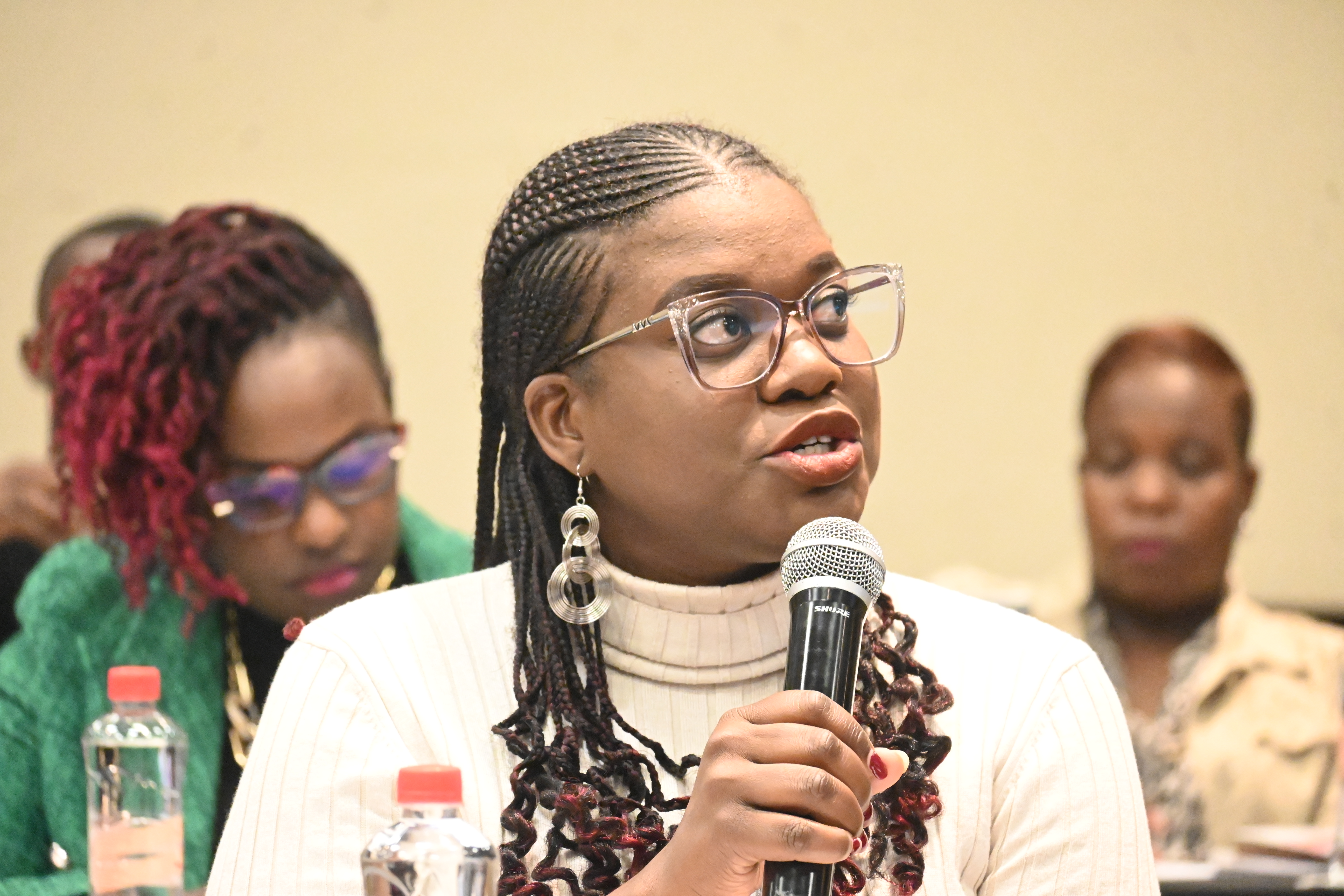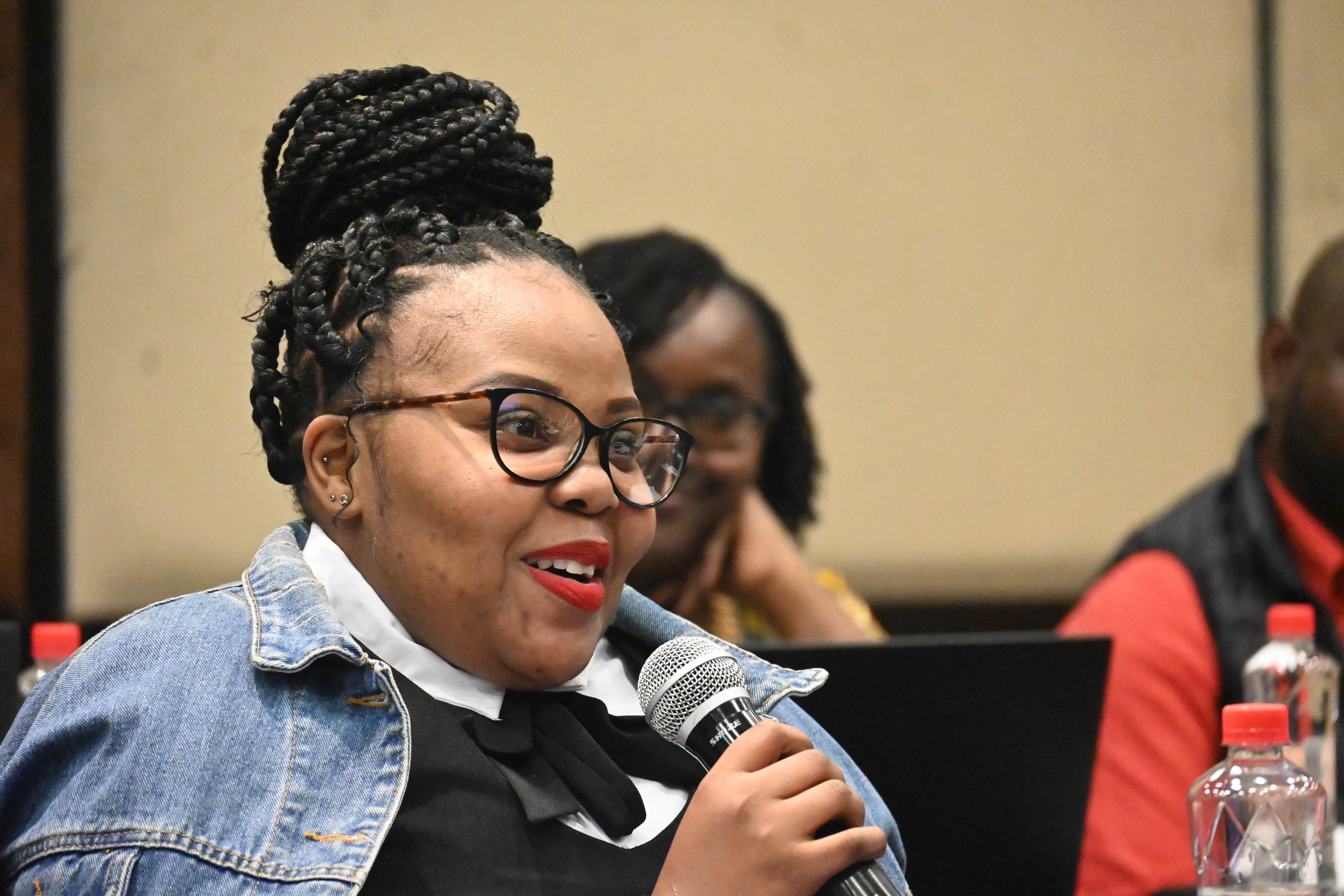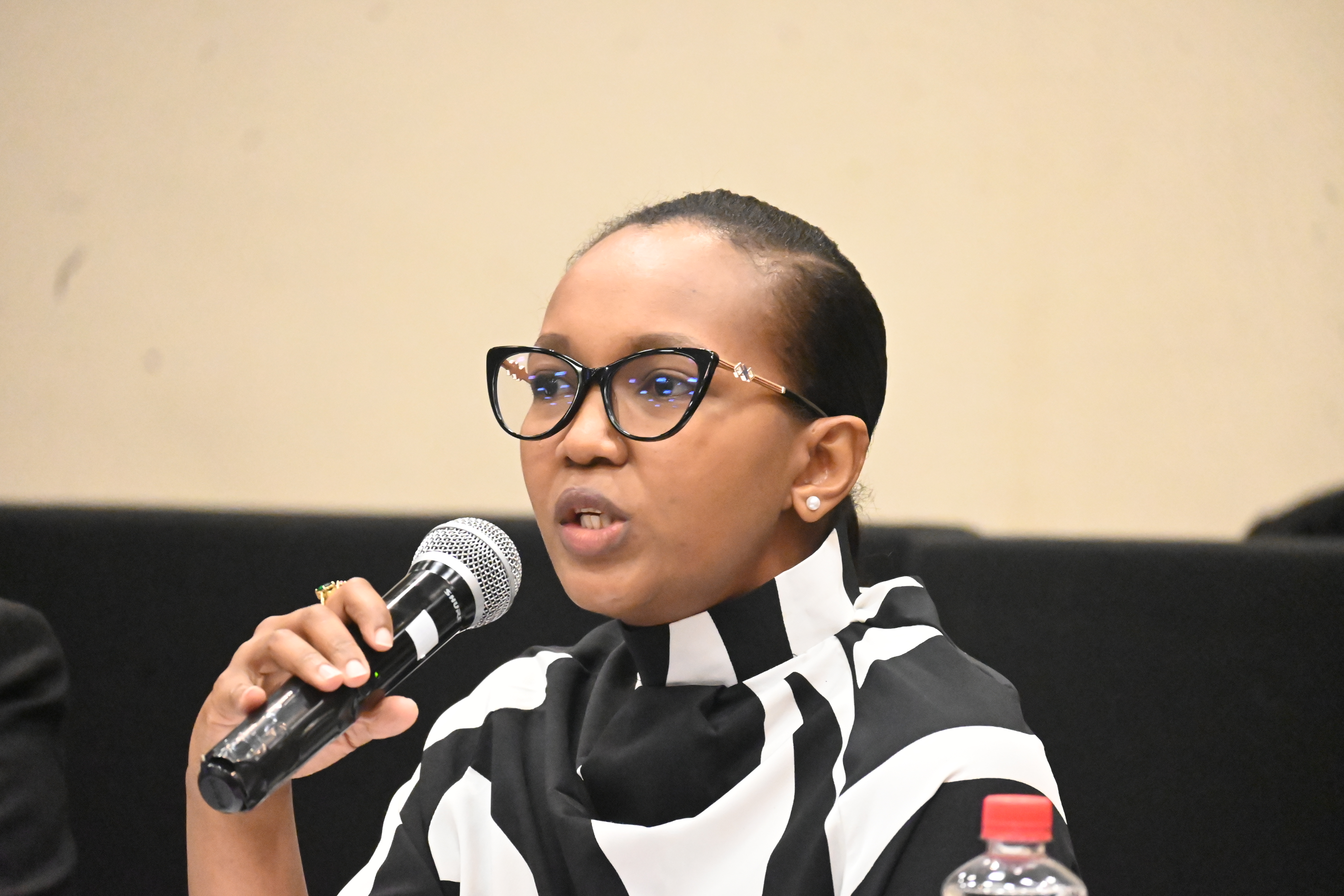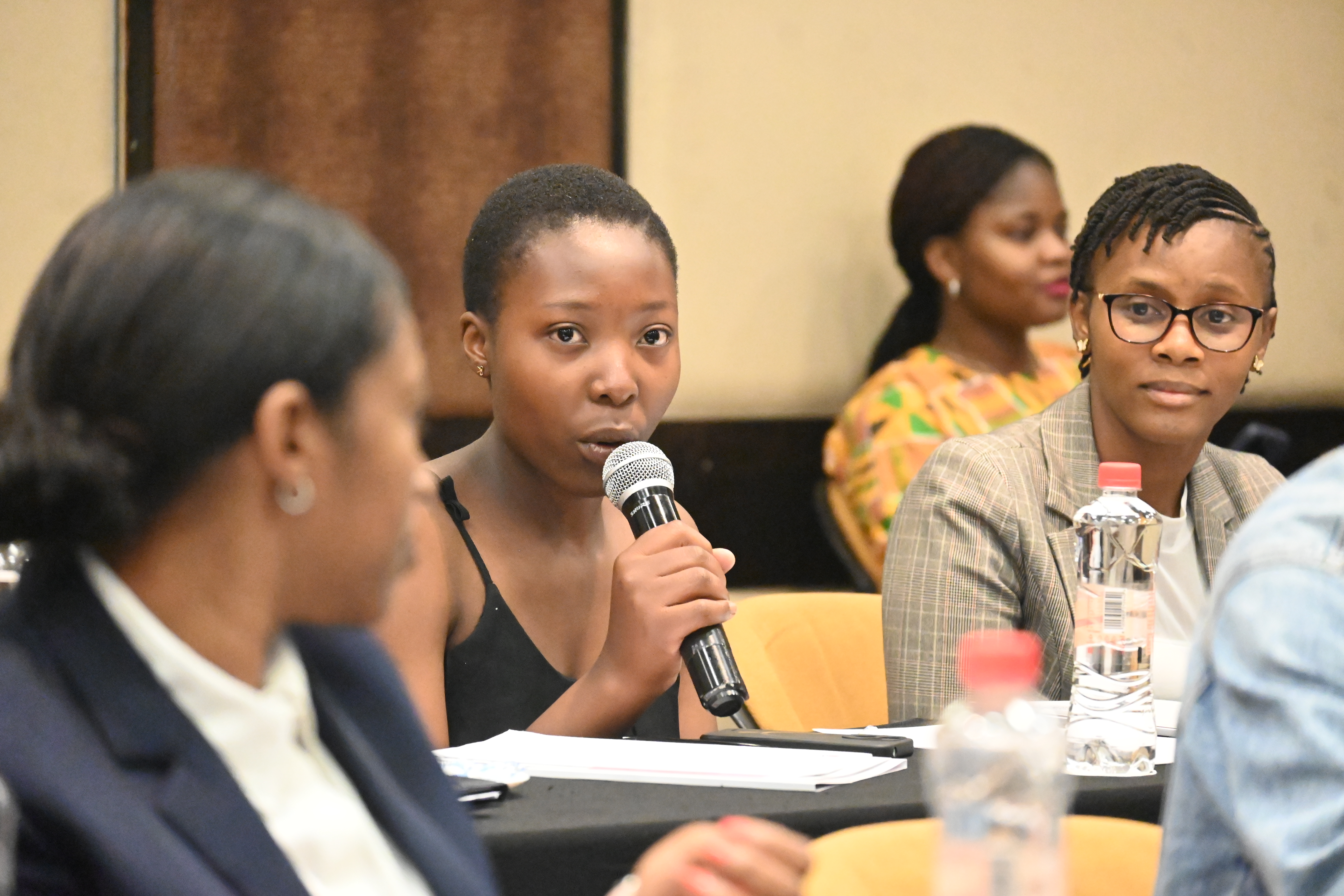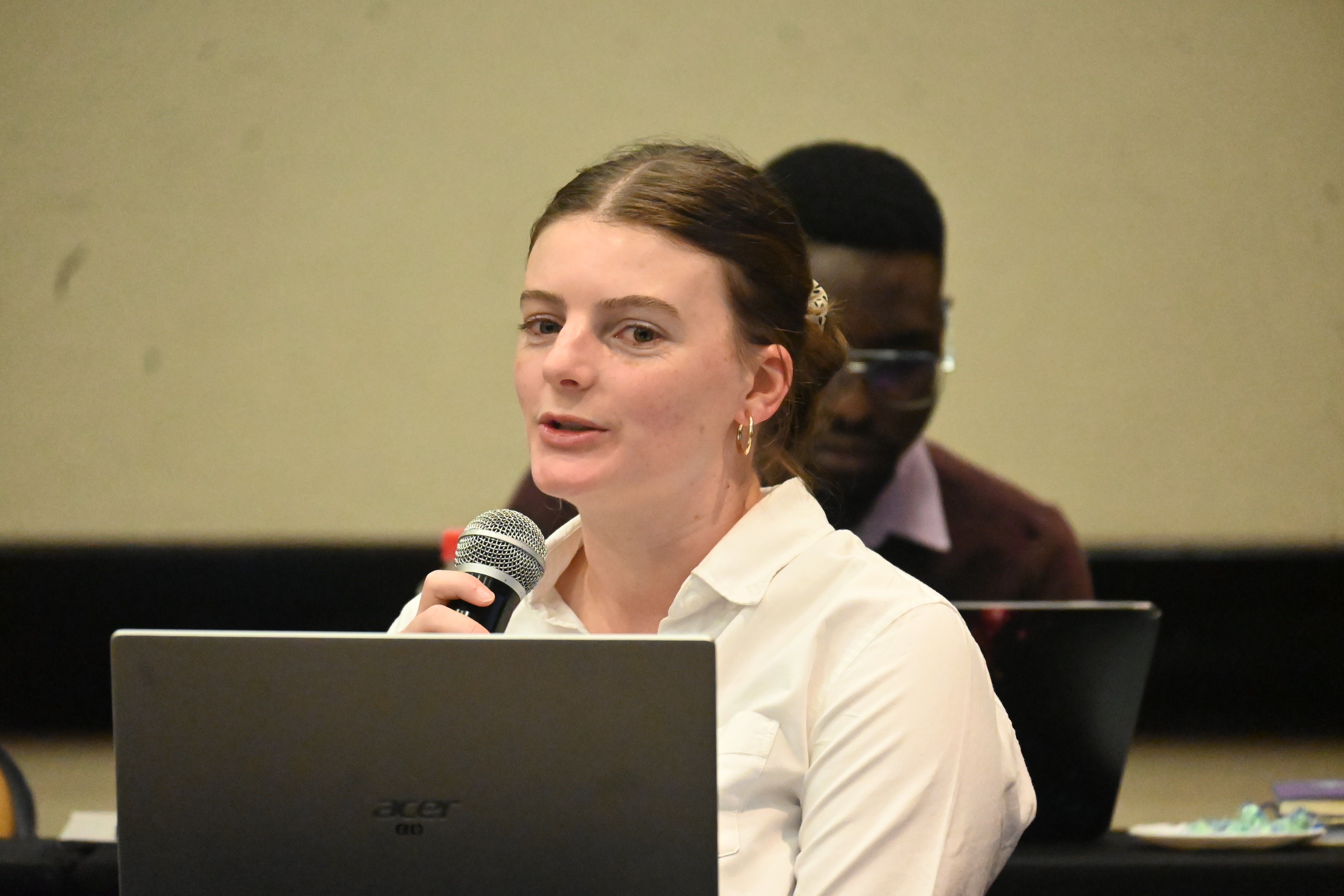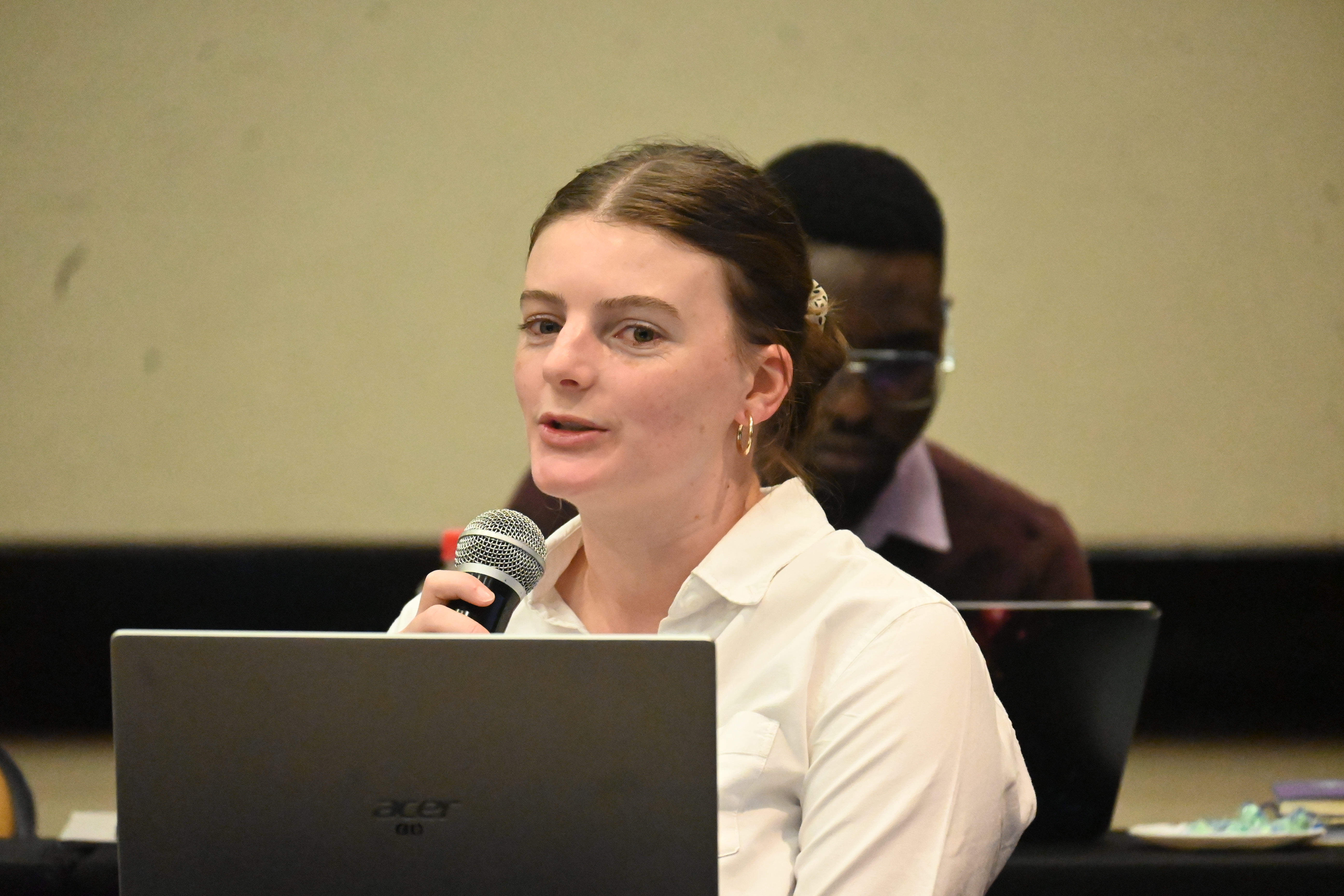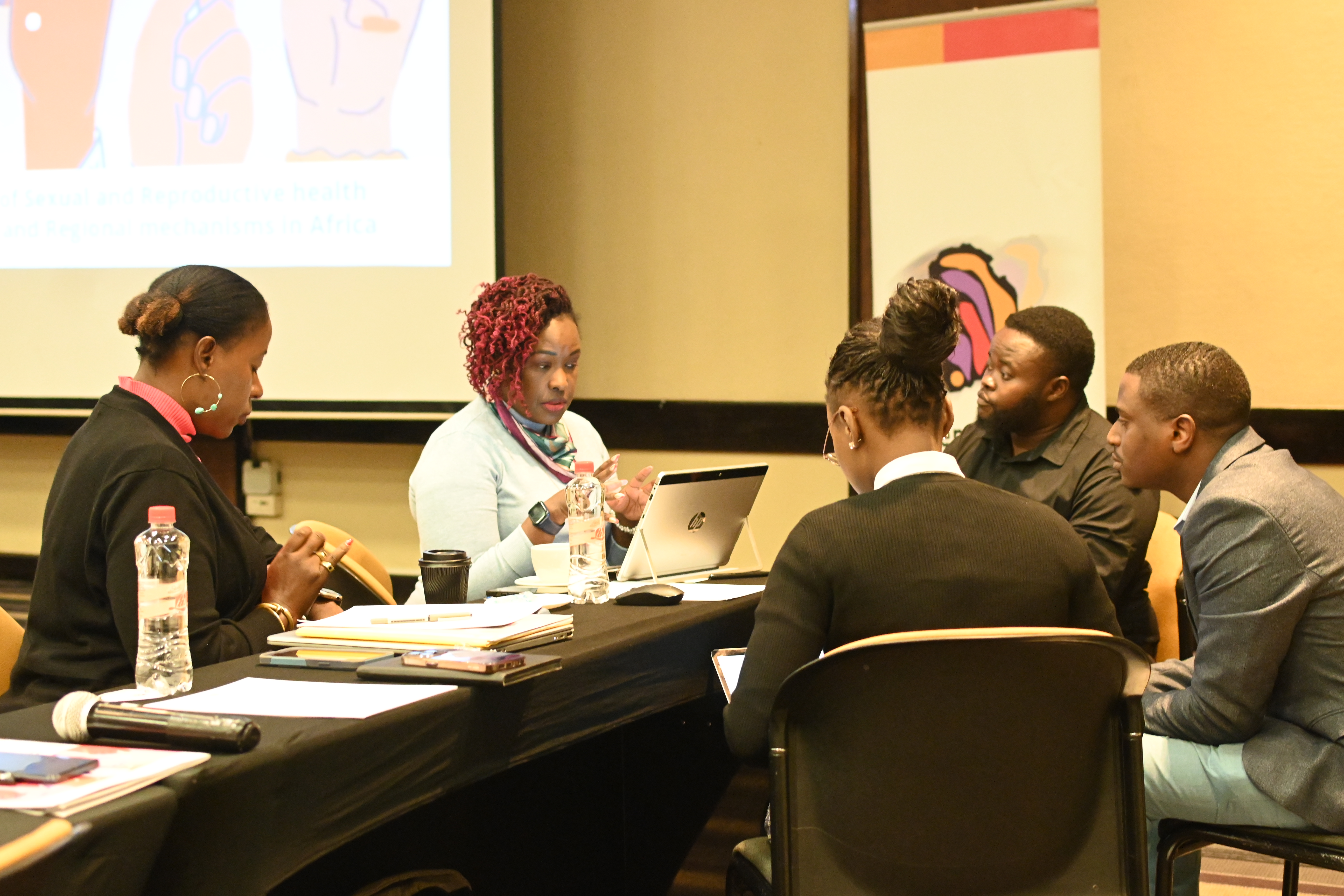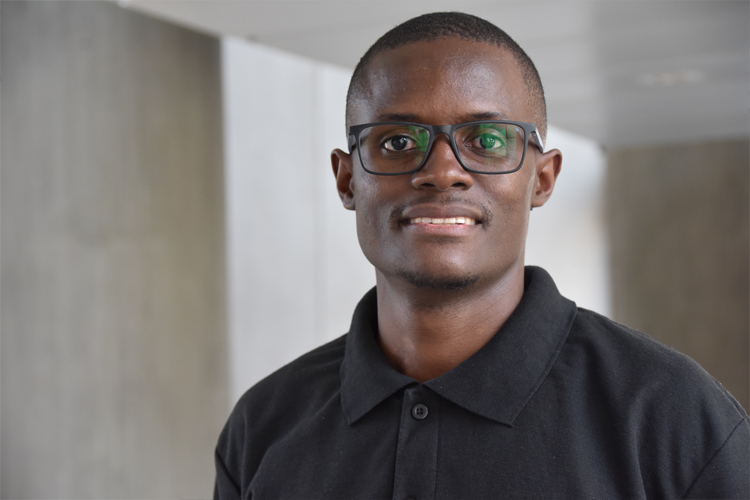On 14 -16 August 2024, the Centre for Human Rights, Faculty of Law, University of Pretoria (Centre), hosted a training on the litigation of sexual and reproductive health and rights (SRHR) claims before national and regional mechanisms in Africa. The training is the second annual series forming part of the Centre’s responses to concerns over the underutilisation of litigation for the enforcement of SRHR in Africa.
These trainings seek to bridge the gap, by empowering SRHR actors with the theoretical and practical competencies to inform effective conceptualisation and litigation of SRHR claims necessary.
This year’s training was hosted at Southern Sun Hotel in Pretoria, South Africa, with over 40 SRHR actors drawn from 13 African countries, including South Africa, Botswana, Lesotho, Eswatini, Zambia, Zimbabwe, Malawi, Tanzania, Kenya, Ethiopia, Uganda, Ghana, and Nigeria. The trainees were academics and practitioners whose work involves interaction with persons or groups experiencing SRHR issues and who facilitate, or can facilitate, any or all these stages of the justice value chain in national and regional mechanisms: awareness raising, case identification, reporting, conceptualisation, legal representation, adjudication as well as monitoring and enforcement of decisions issued.
Specifically, the trainees represented a rich mix of professionals namely: judicial Officers, State prosecutors, Officers in National Human Rights Institutions, development practitioners, lawyers, political scientists, medical doctors, policy analysts, media actors, as well as representatives of community based and civil society organisations operating at national and international levels. The selection of participants was based on their potential to effectively litigate SRHR issues before national and regional mechanisms, particularly those that have not yet received sufficient attention.
The training sessions touched on both general and specific themes of SRHR and its litigation. The general themes spanned the normative standards on SRHR, the gaps and opportunities in litigation of contemporary SRHR issues in Africa, the procedural aspects and strategies for effective strategic litigation of SRHR claims before national and supra-national mechanisms. On their part, the specific themes included: harmful practices in the context of sexual and reproductive health rights, SRHR of vulnerable and marginalised women (refugees and asylum seekers) in Africa, and technology related aspects of SRHR such as assisted reproduction and other relevant digital technologies.
The last (third) day of the training focused on a collaborative group exercise where the participants reflected on their work, particularly the SRHR issues in the following categories: litigable cases for which no action has been taken, including steps towards pursuing further litigation in appellate or regional courts; cases already filed before national or regional courts but which are still in the early stages and for which litigation proceedings (submissions/hearing) have not yet commenced; cases in which all available avenues in national courts have been explored and judgment issued but which (either in entirety or partly) do not guarantee SRHR protection and needs to be pursued further in sub-regional and/or regional human rights mechanisms; as well as cases under conceptualisation pending a decision on the litigation forum.
The session was climaxed by presentations by groups and feedback by a panel of experts on the viability of the groups’ identified conceptualisation, litigation strategies as well as choice of mechanism before which to pursue the claim.
The training facilitators from the Centre for Human Rights
- Prof Nkatha Murungi,
- Prof Ebenezer Durojaye,
- Dr. Michelle Maziwisa,
- Dr. Satang Nabaneh,
- Ms. Tamika Thumbirani,
- Dr. Sindiso Nkomo,
- Ms. Yumba Kakhobwe
The facilitators from partnering institutions
- Ms. Samrawit Getaneh Damtew (African Committee of Experts on the Rights and Welfare of the Child);
- Mr. Martin Onyango (Centre for Reproductive Rights);
- Ms. Esther Wairimu Waweru (Equality Now); and
- Dr. Olanike Adelakun (Lead University, Ibadan).
The Centre extends its appreciation to the Swedish International Development Cooperation Agency (SIDA) for its financial support towards the training.
For more information, please contact:
Tel: +27680318715
brian.kibirango@up.ac.za@up.ac.za

